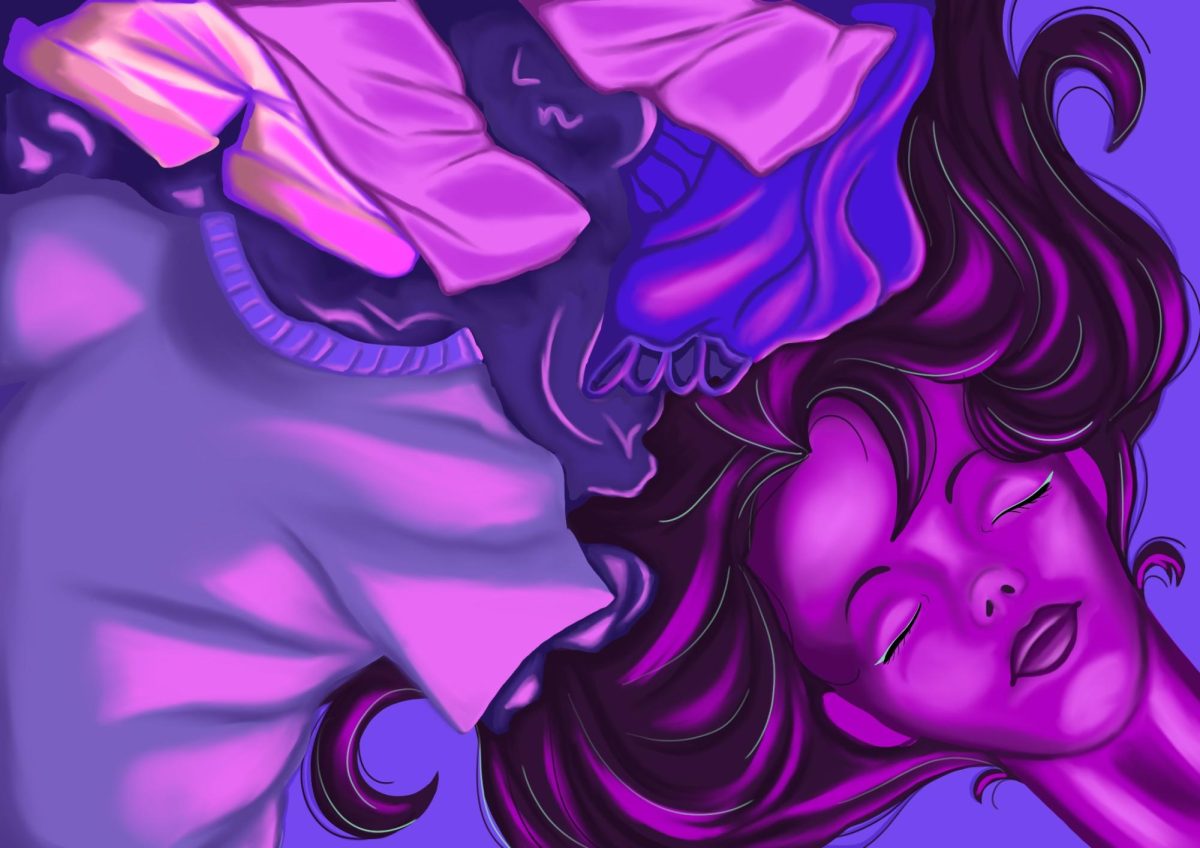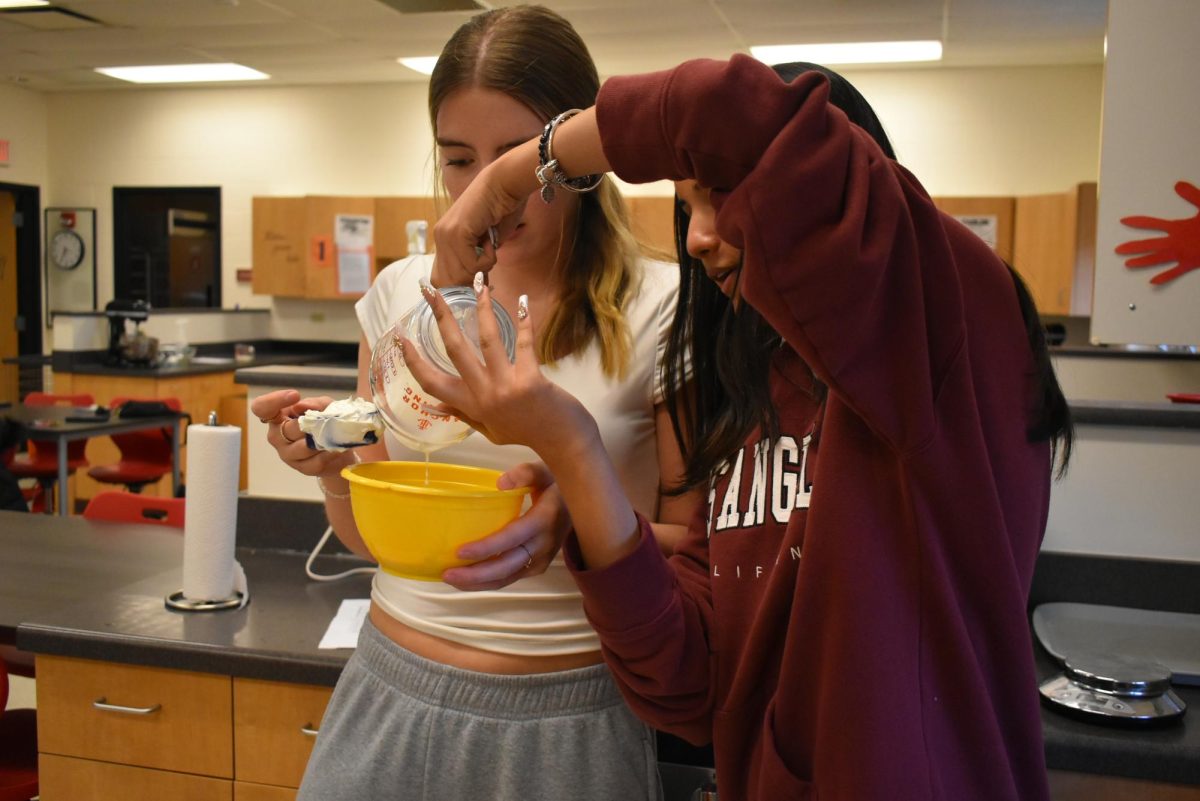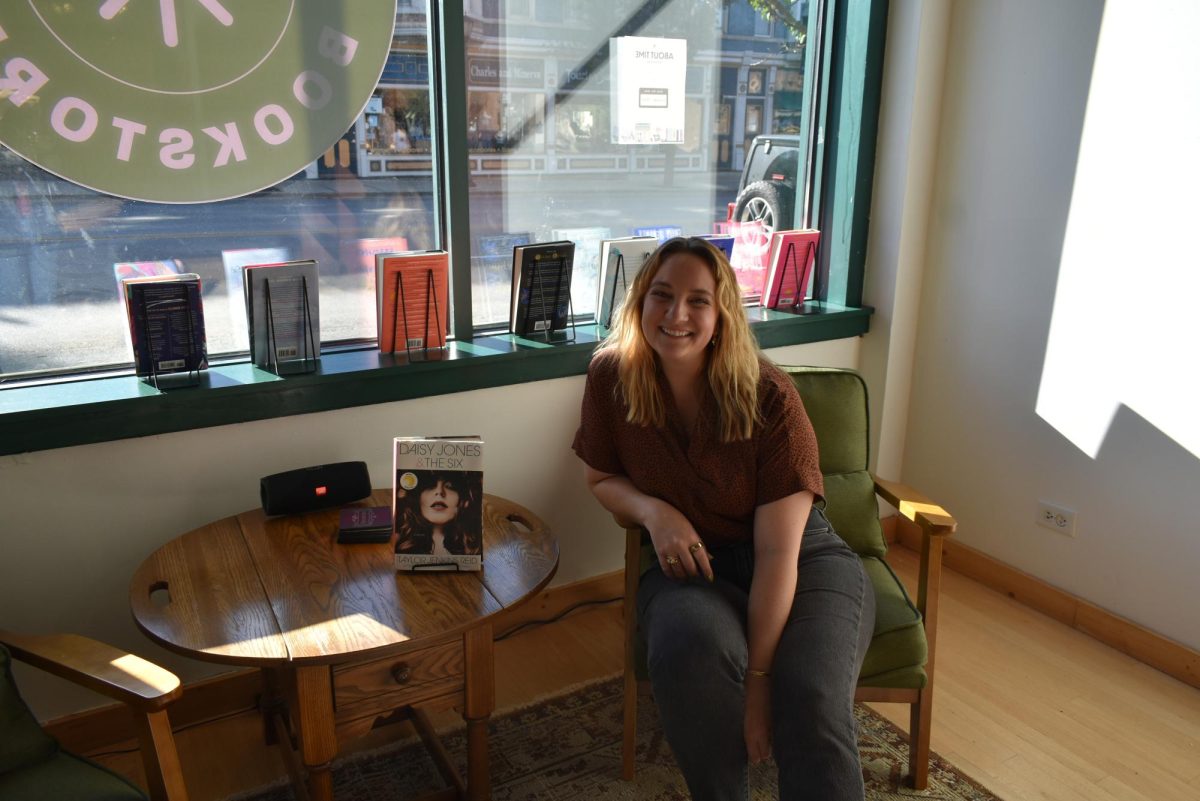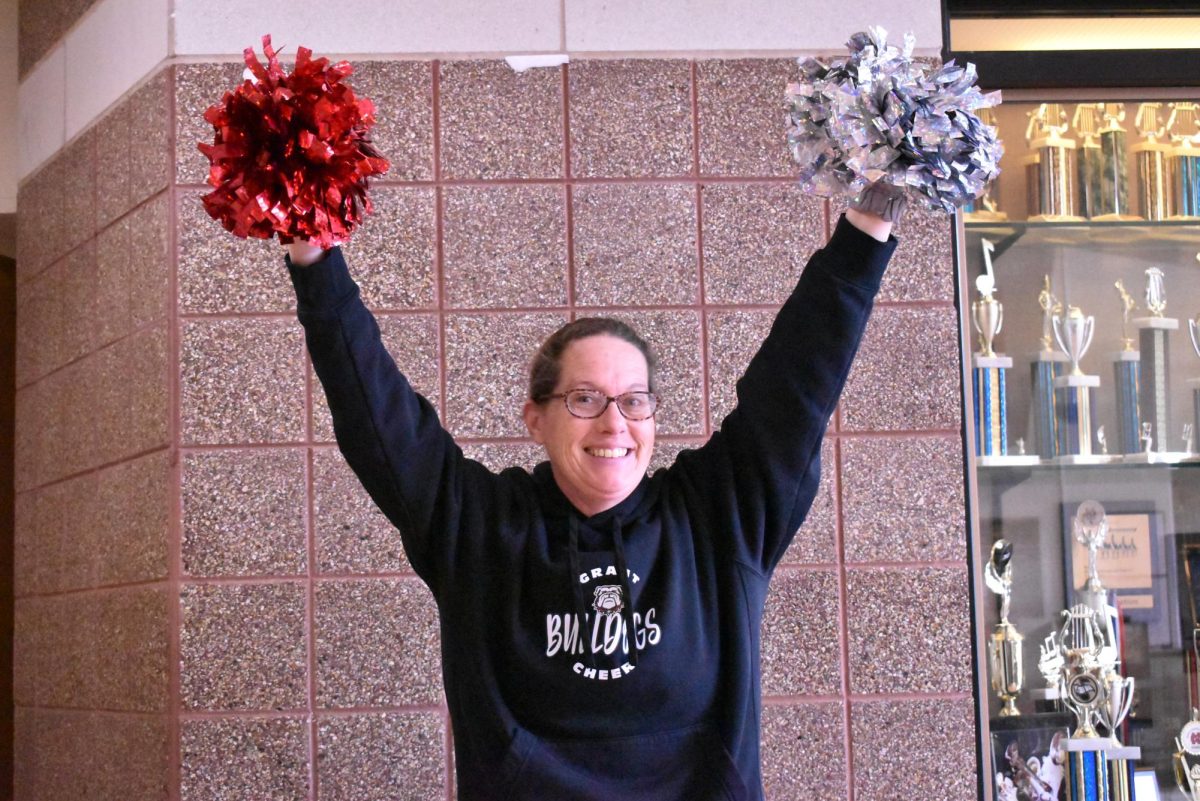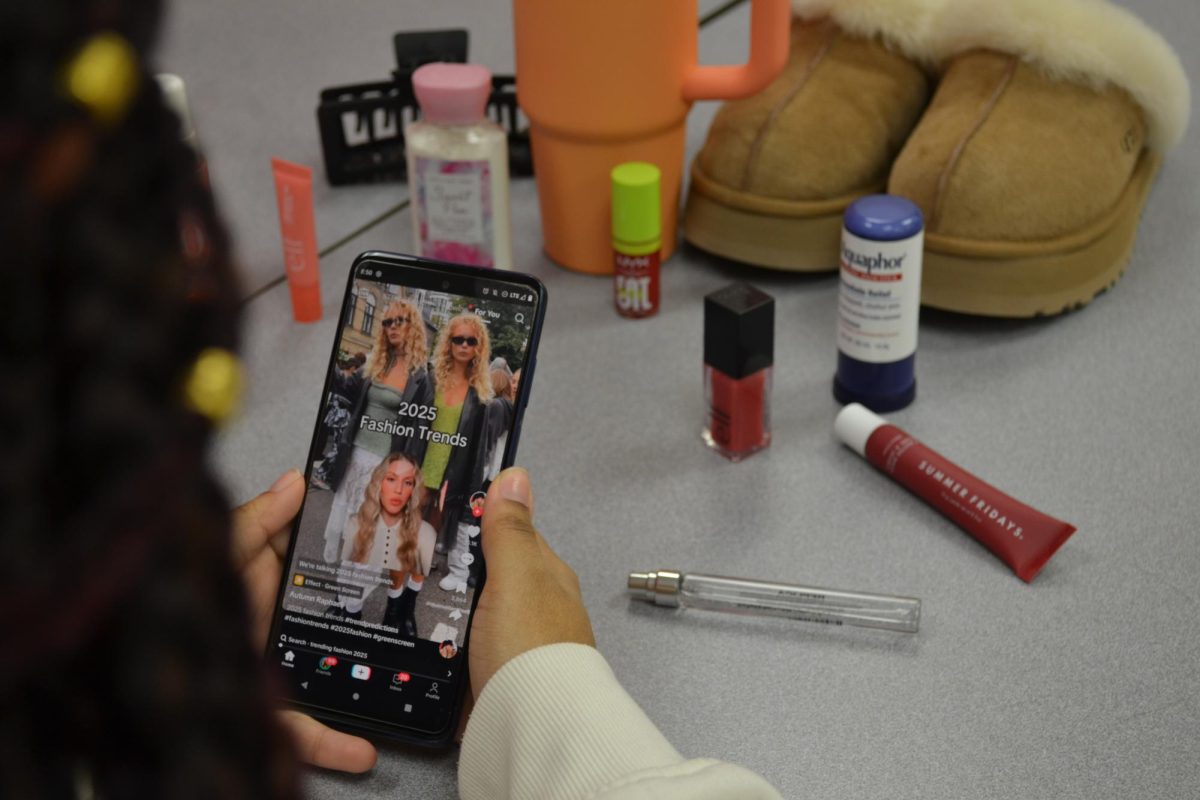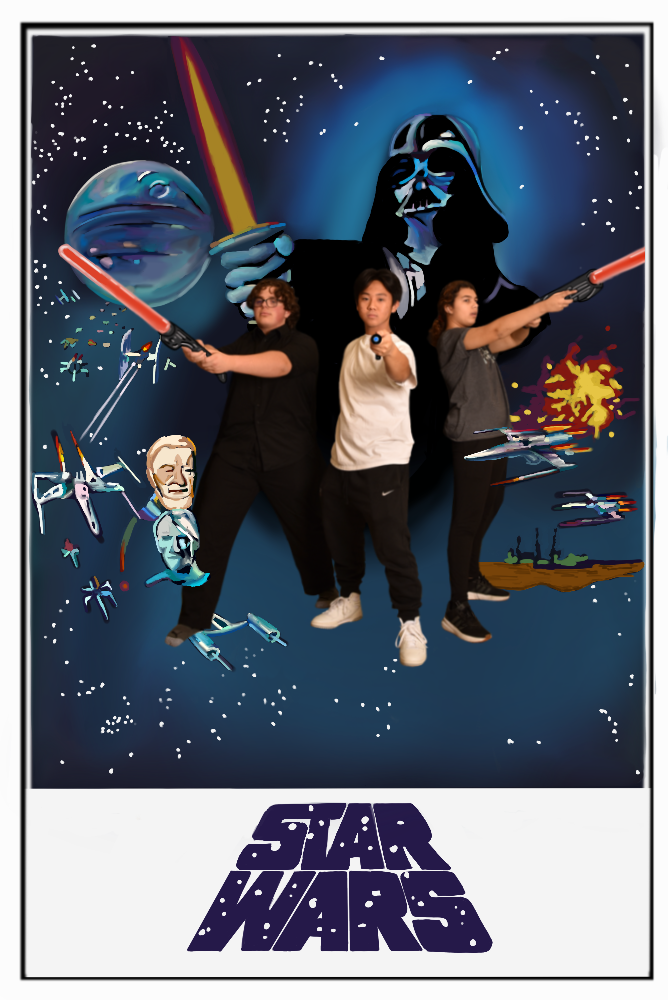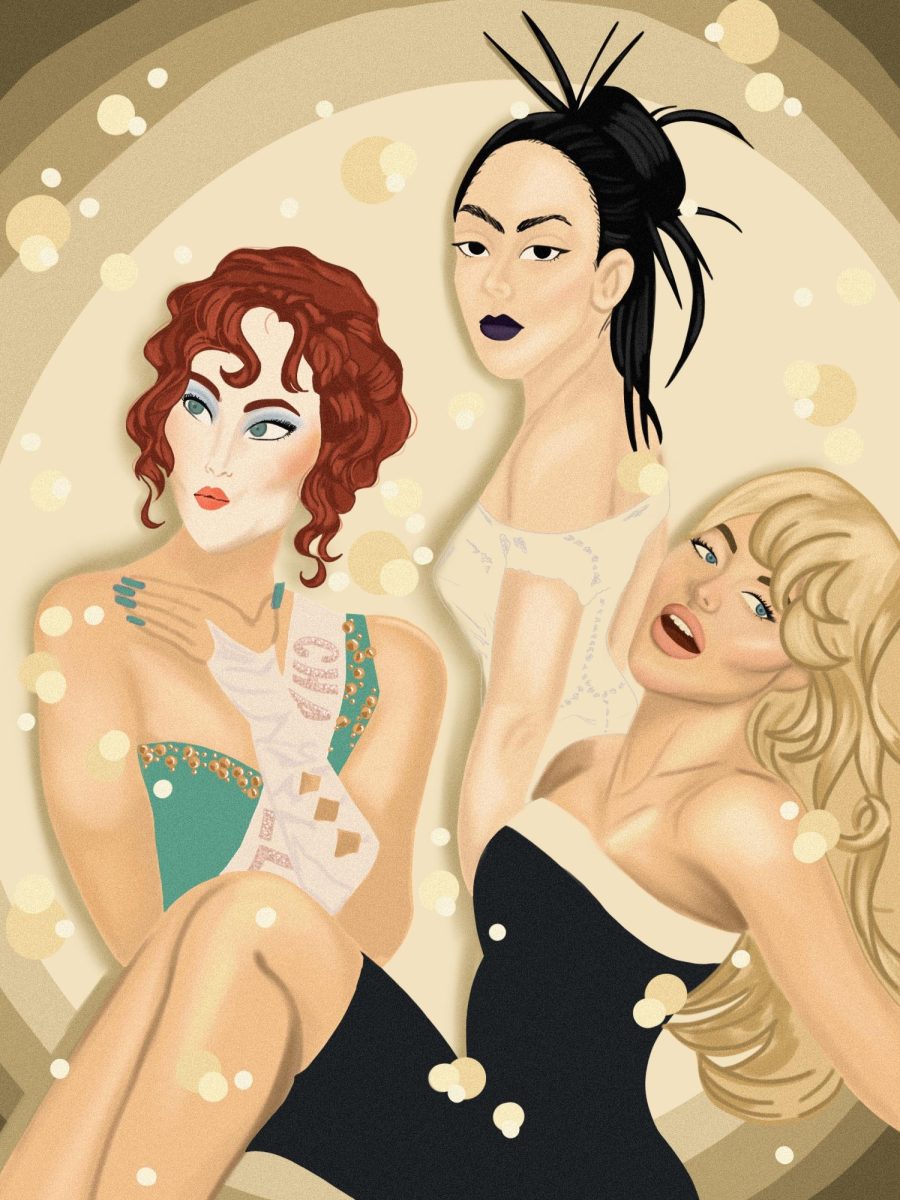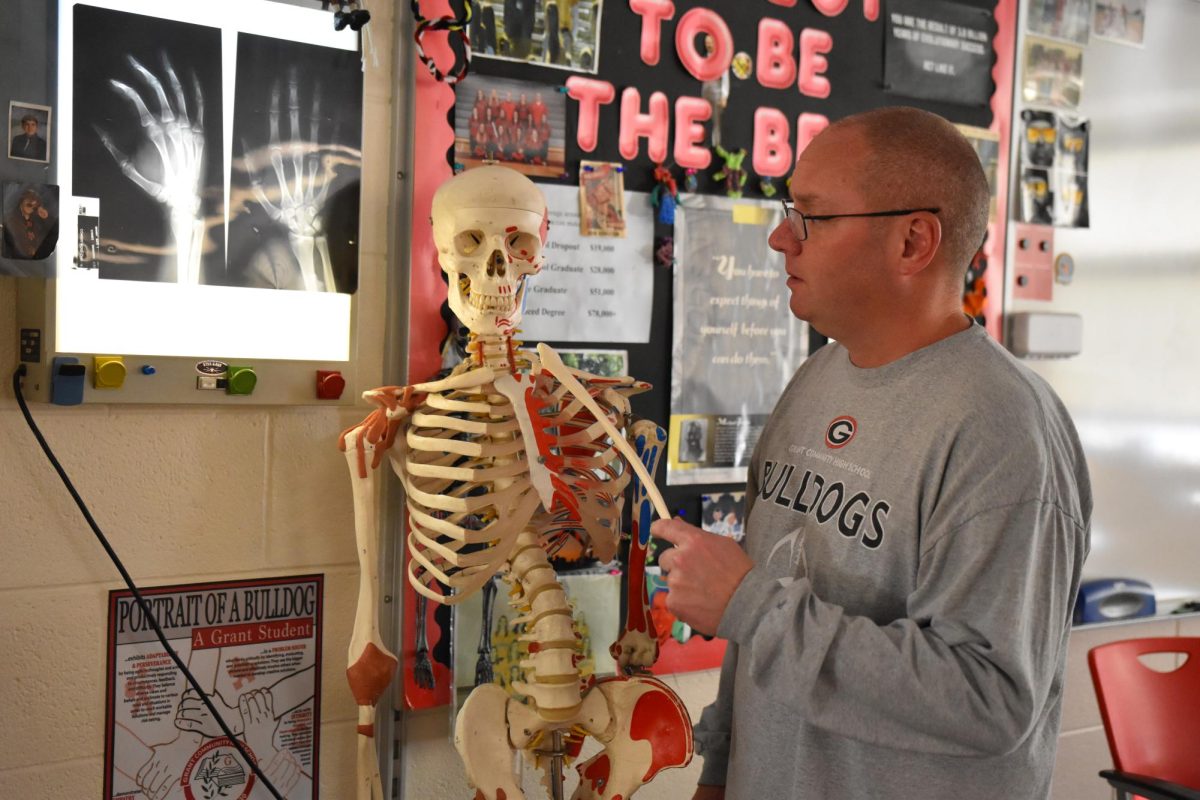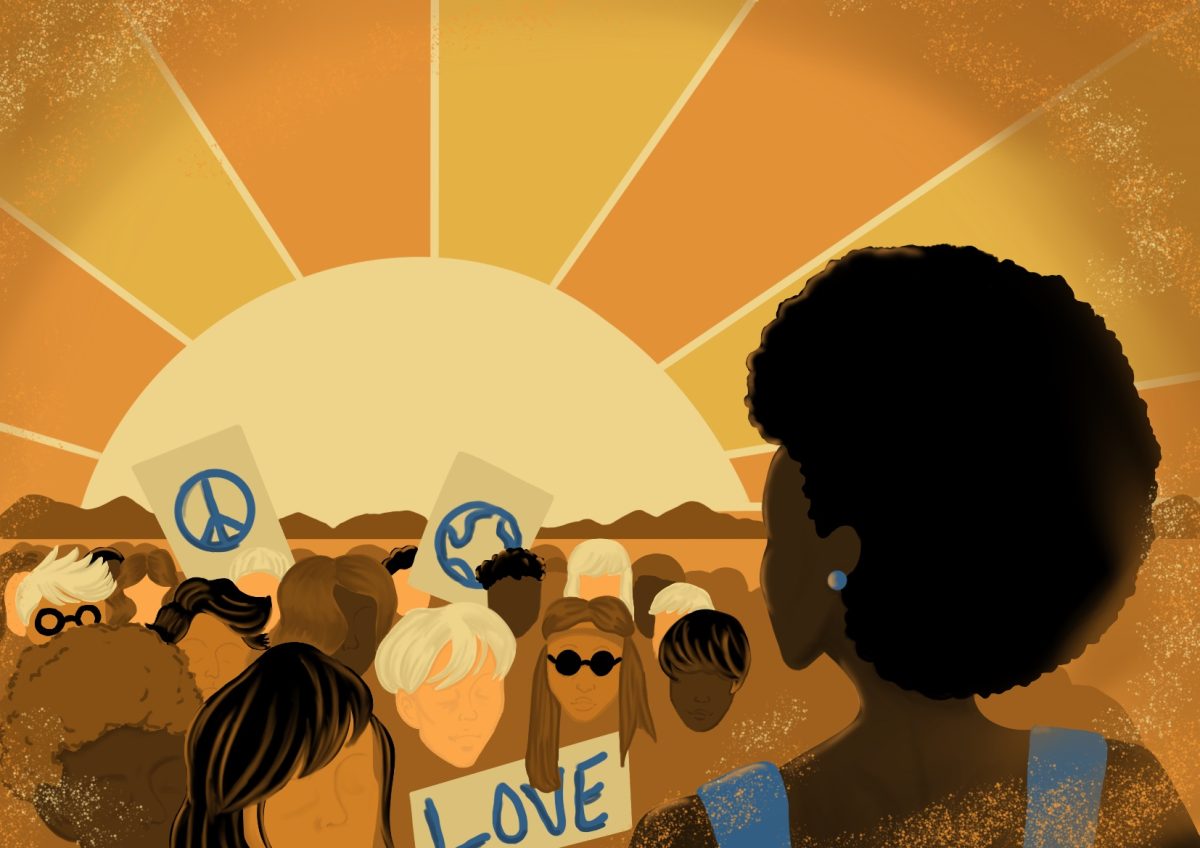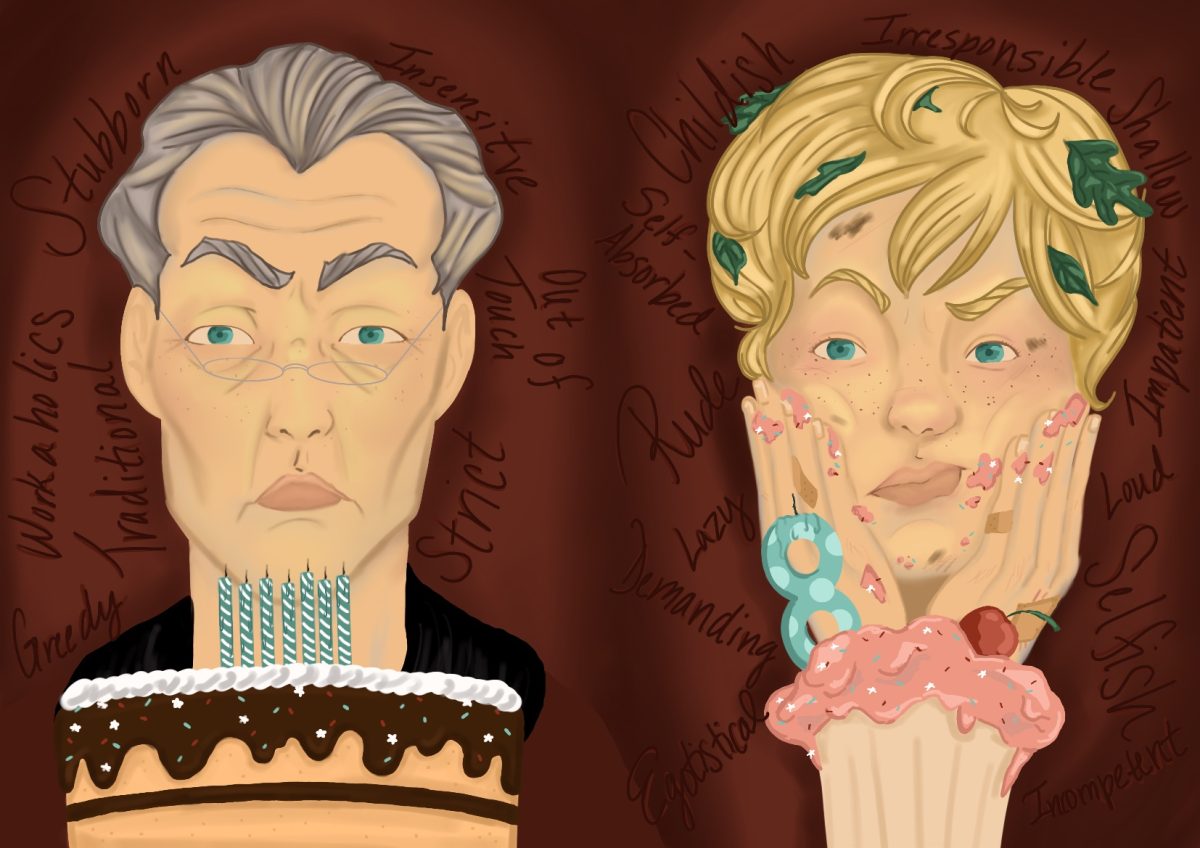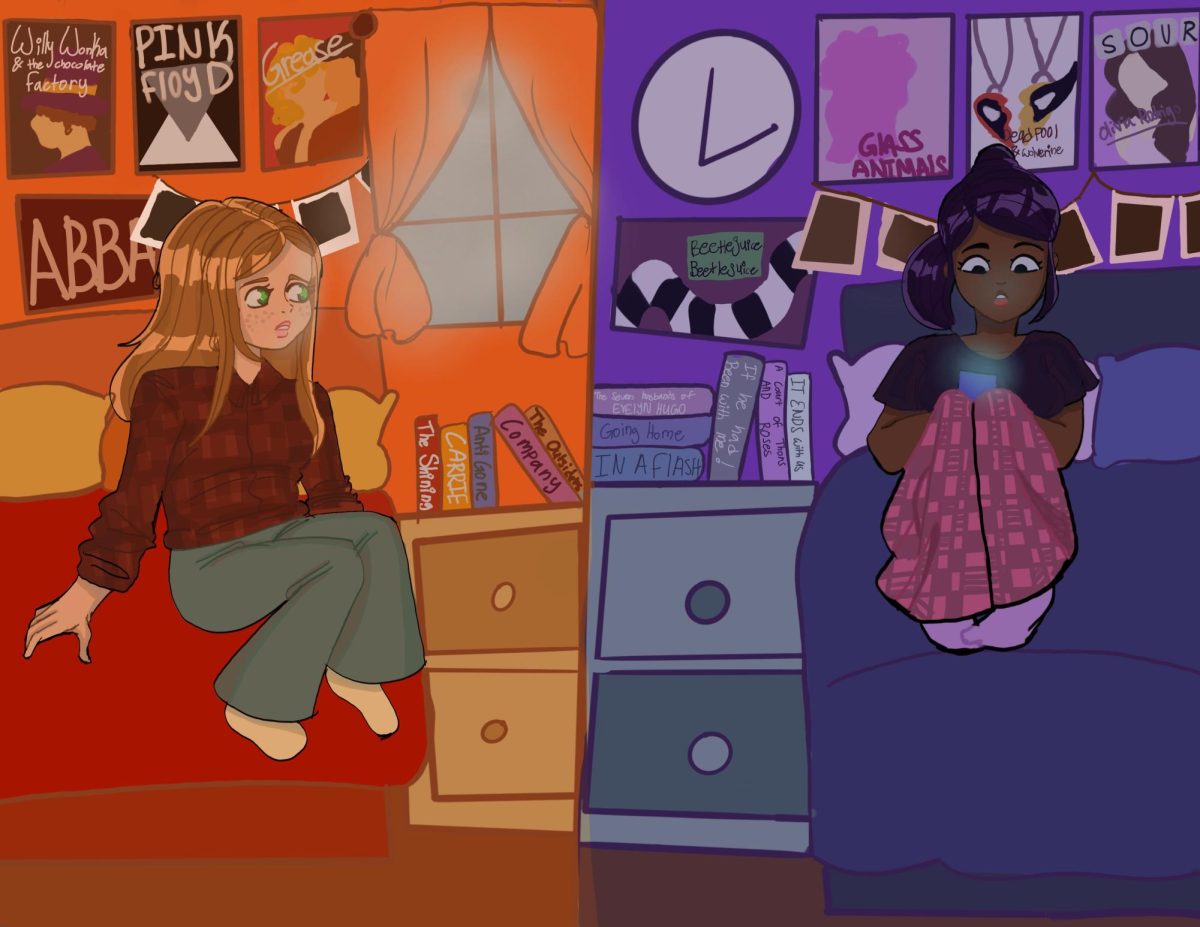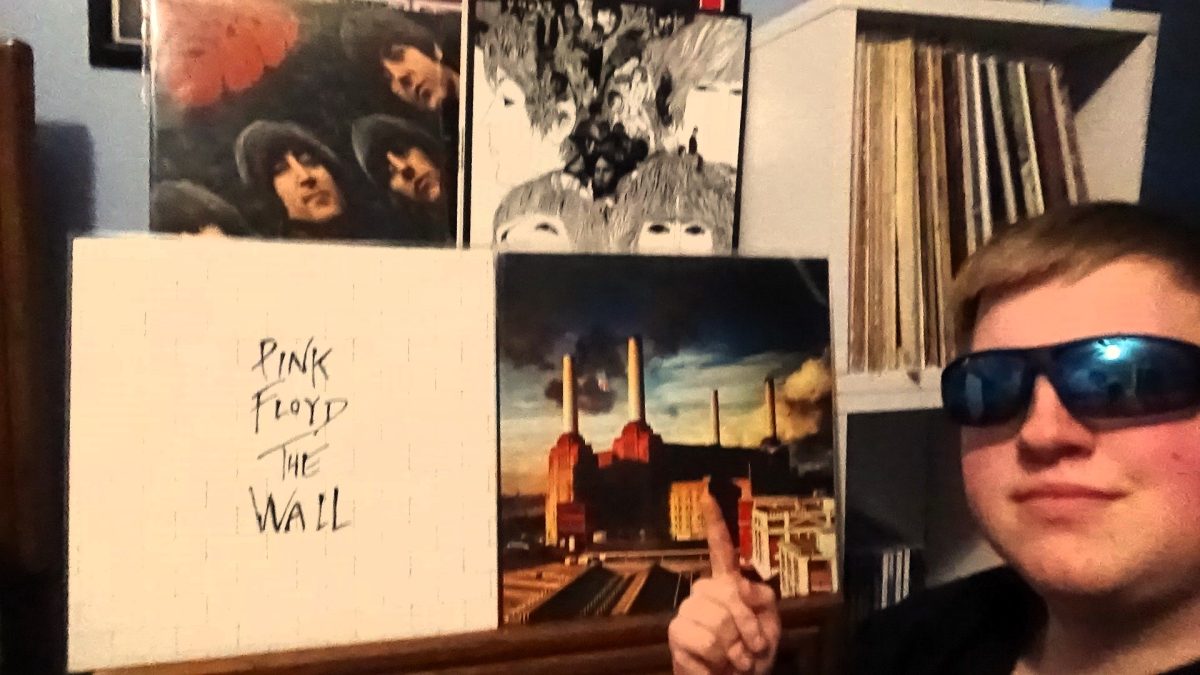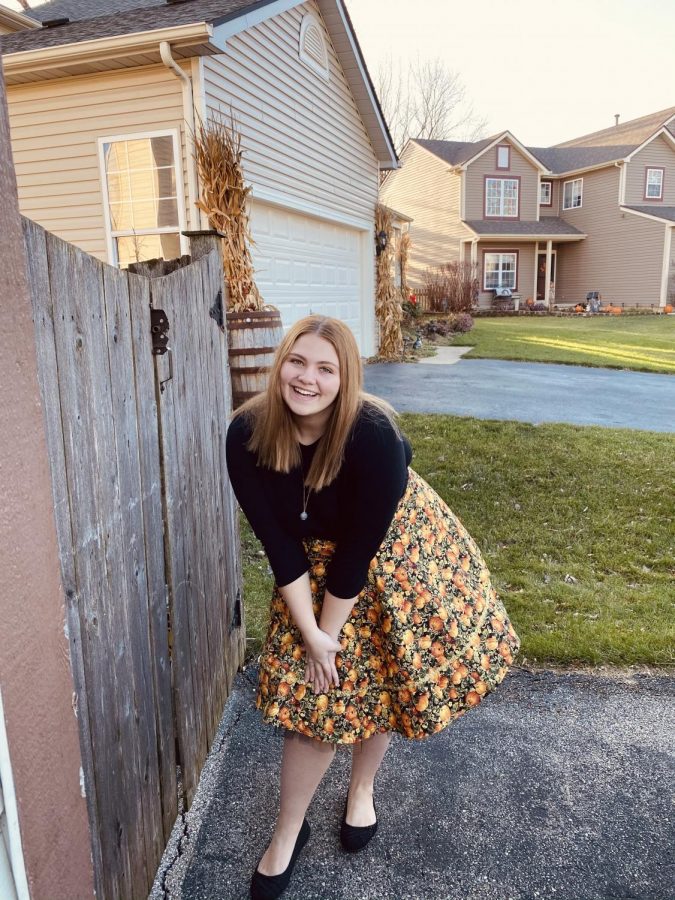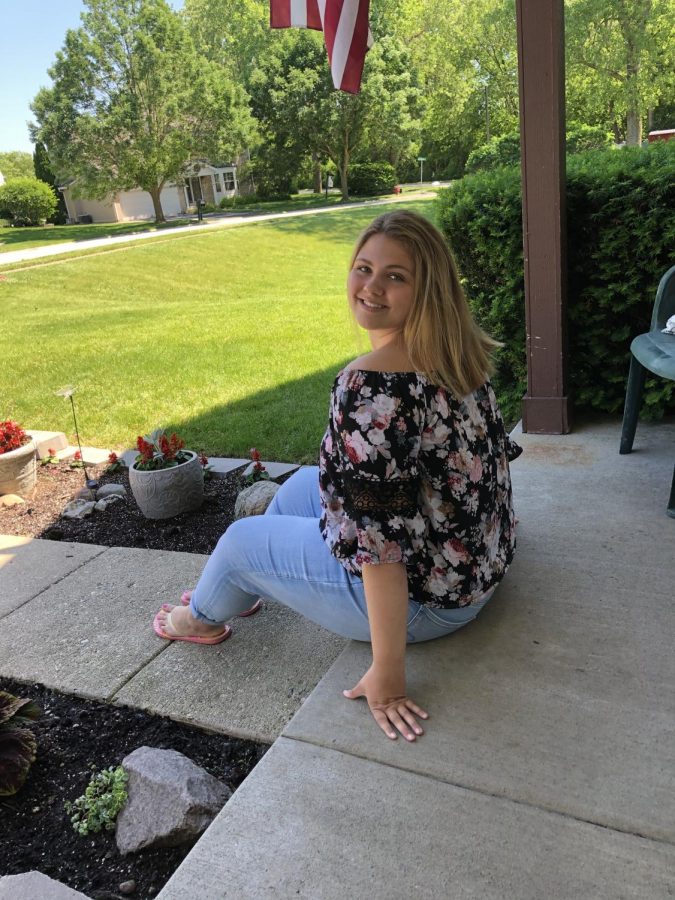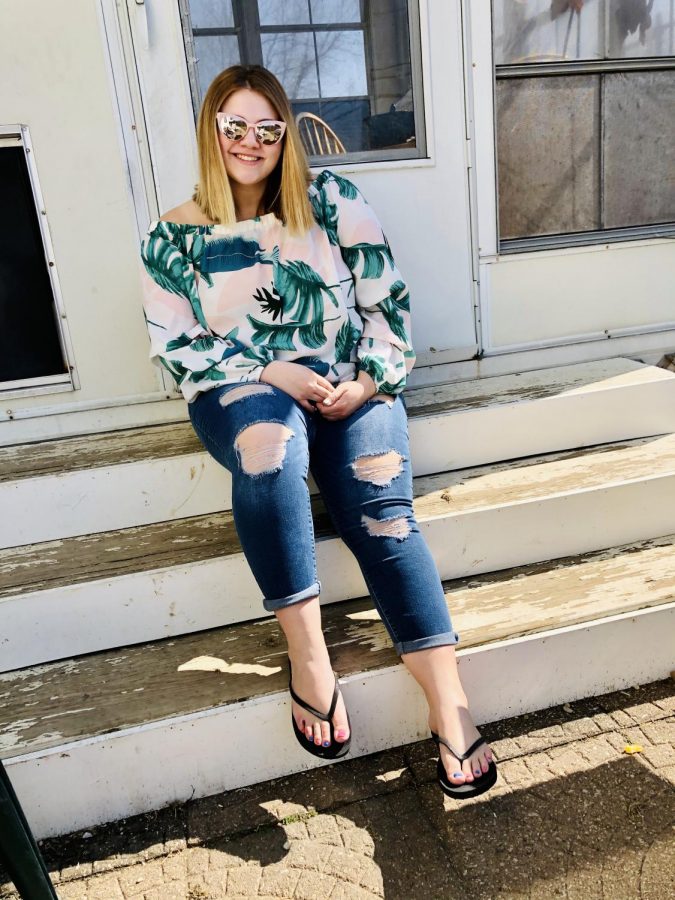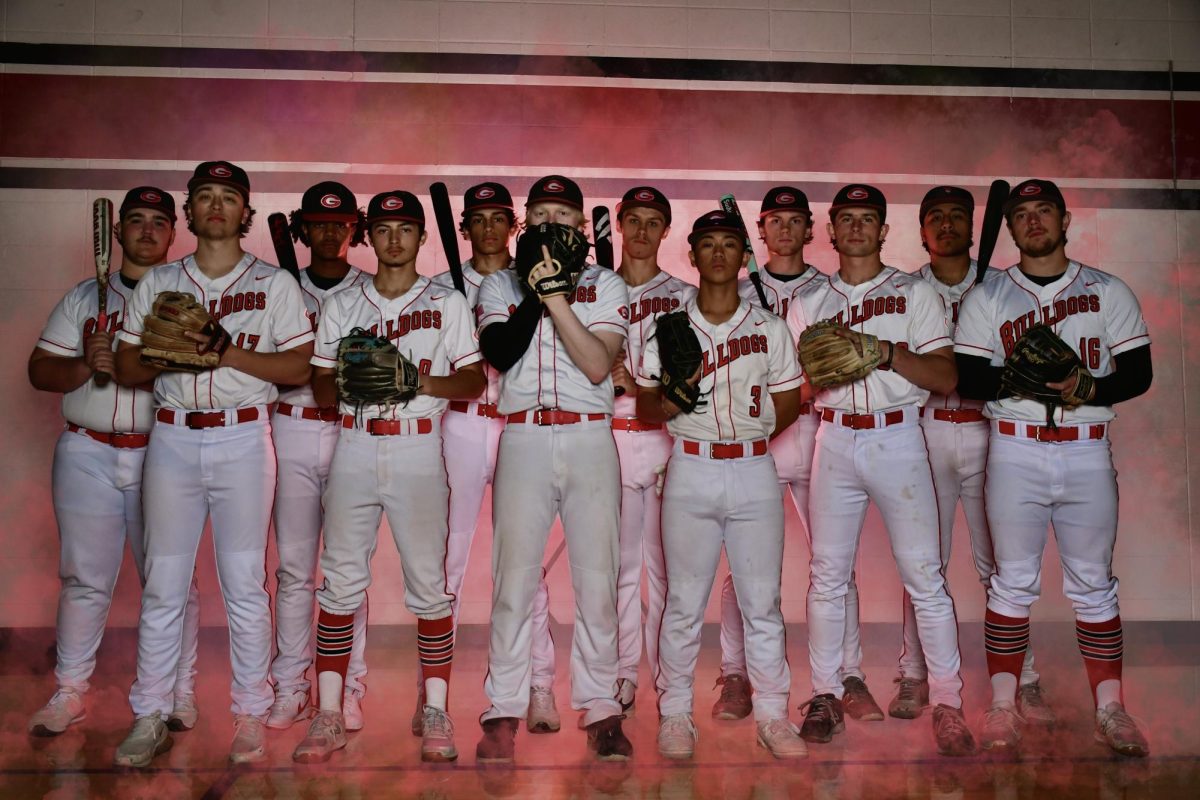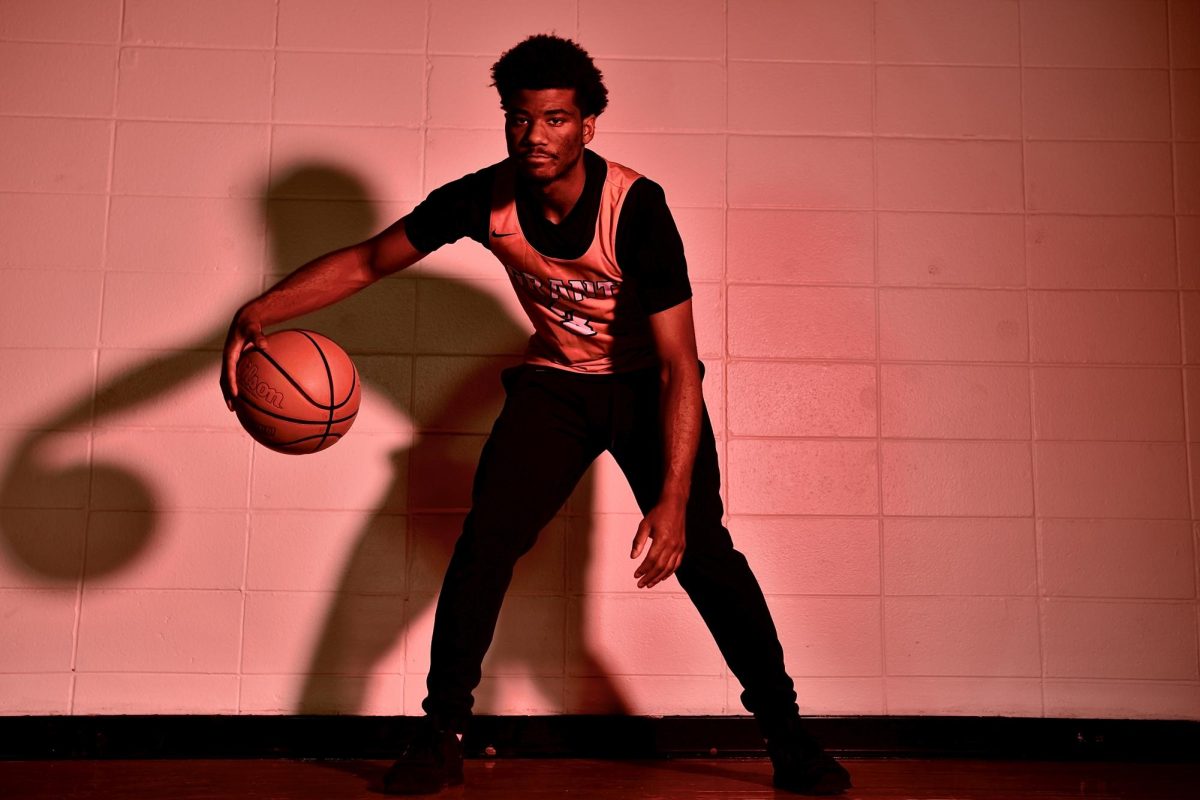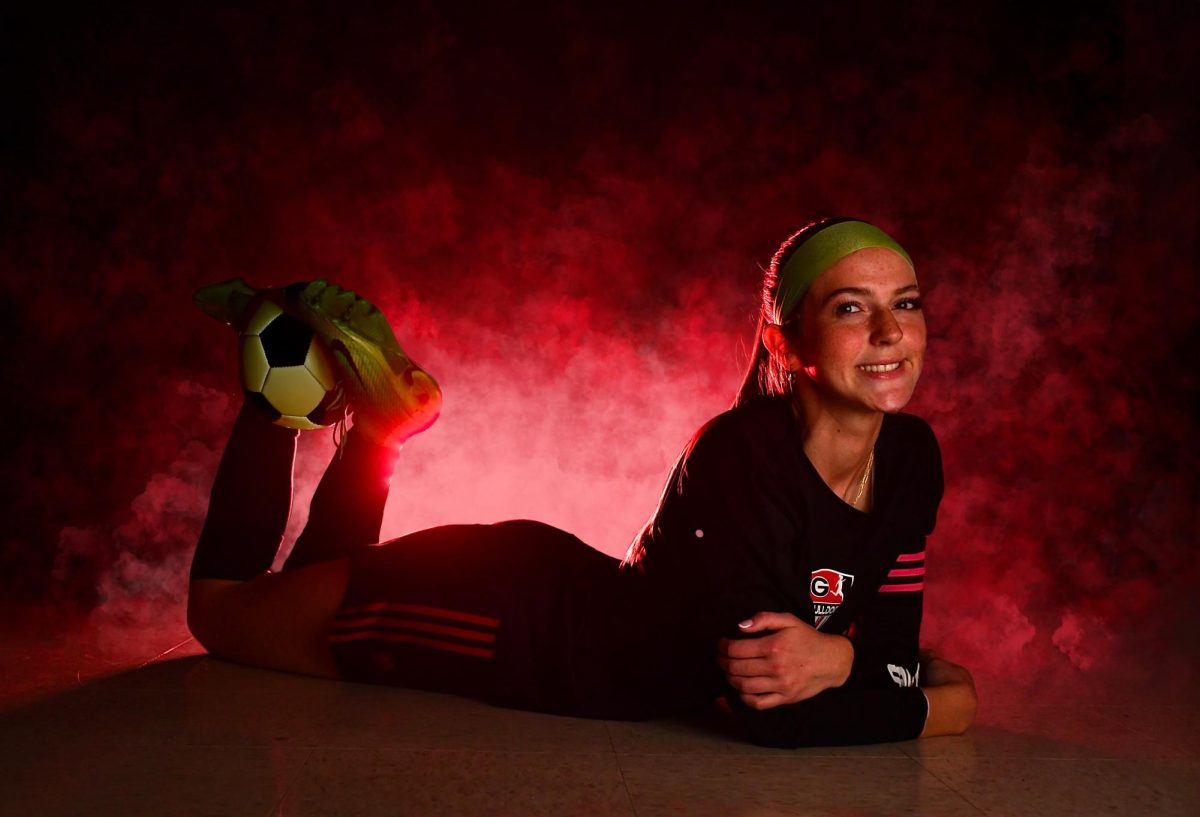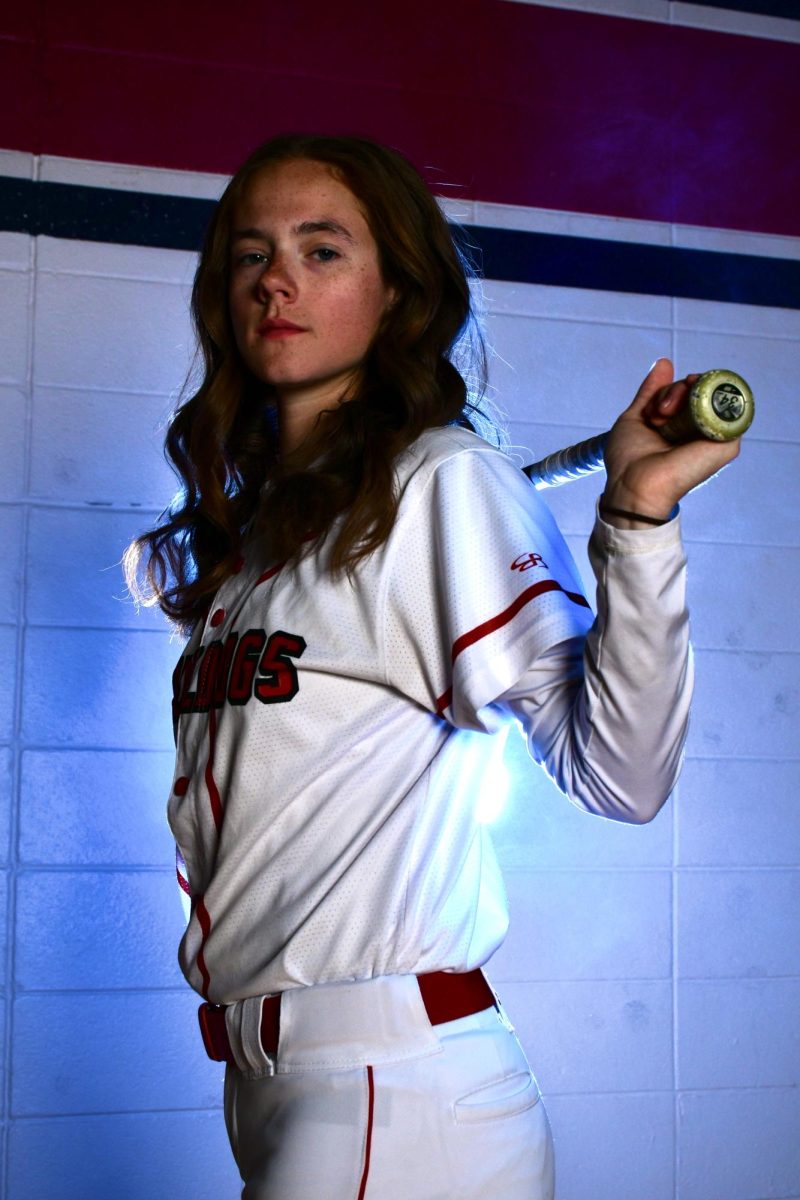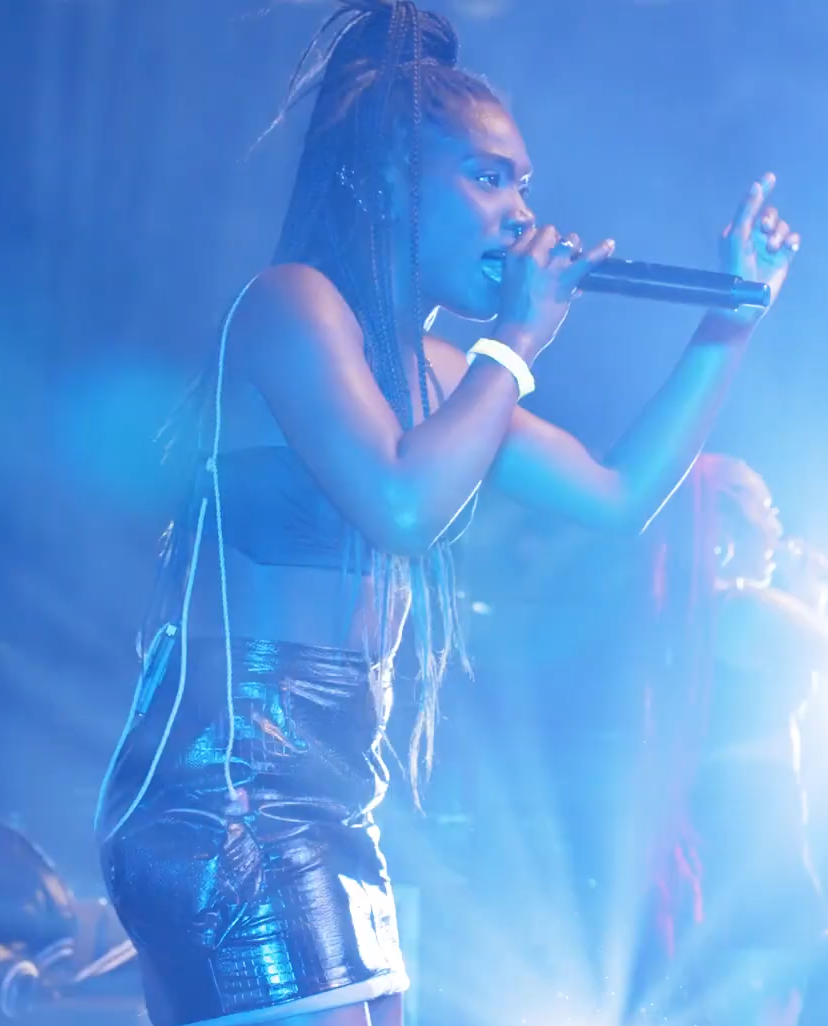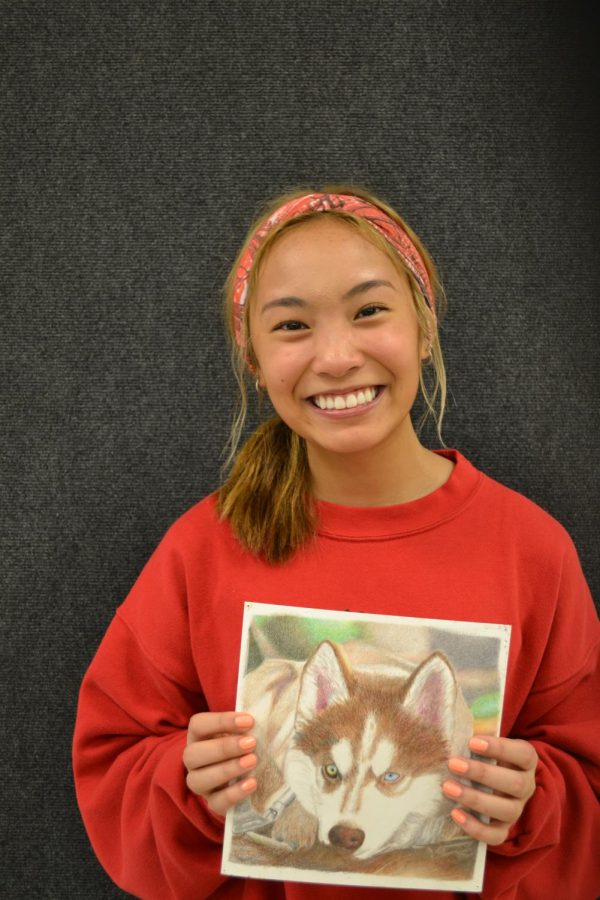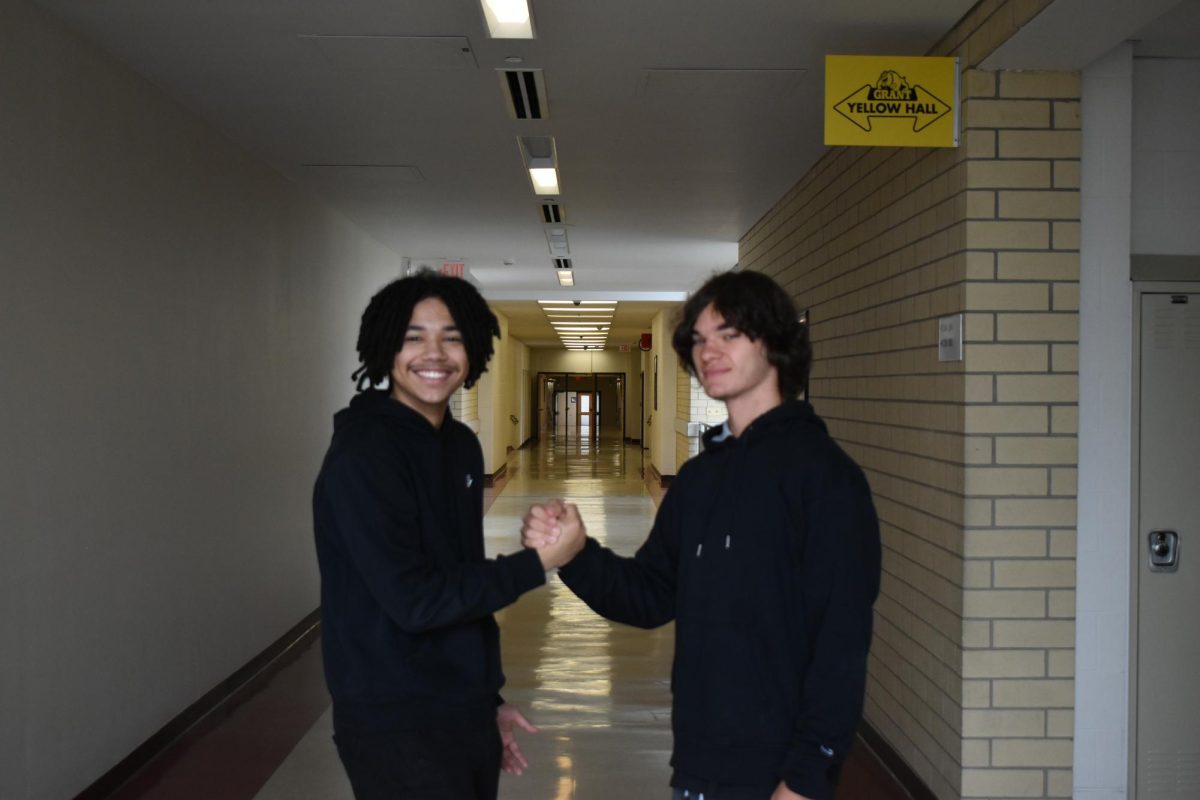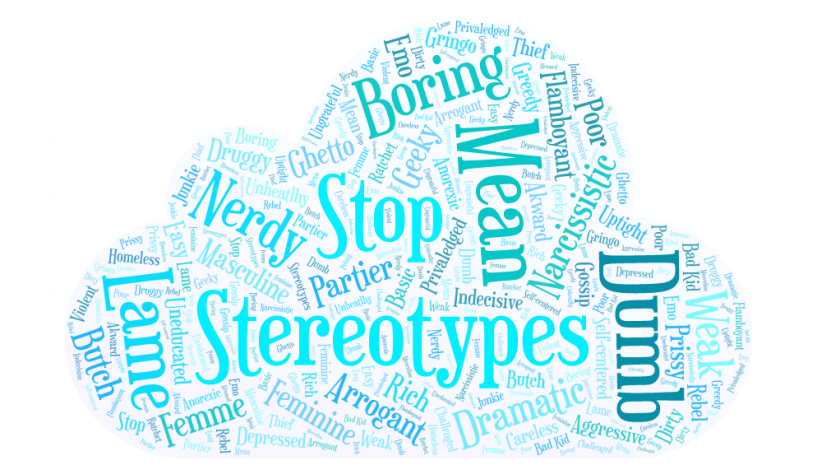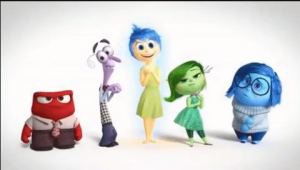Spreading Kindness Issue 2
How to break the trend of negative stereotyping in our communities.
October 31, 2019
Is it possible to end the reign of stereotypes? Stereotypes have become one of the most common problems in our modern society. When watching different movies of the same genre, one begins to notice many similar patterns among them, building an expectation that those same patterns appear in each movie of that genre. Pattern seeking is human nature and contributes to the problem of stereotyping. When we are used to groups of people acting a certain way, we assume that each person in this group will act the same. What do you think when you see a group of kids discussing Minecraft or the group who likes to wear darker colors? How do you think of the football team as its captains come strolling down the hall? These personalities might differ from your own, but does that really make someone less or more valuable? Stereotyping causes you to make assumptions about people that may lead to a negative judgment. You may not think negatively of such people, but the negative stereotypes you have heard or known lead you to apply them to that person.
The types of clubs you’re in, sports you play, classes you take, friend groups, how you dress, ethnicity, and sexuality/gender identification all subject you to stereotyping. People see the typical ways that people in these groups act, and they treat the people in these groups differently because of it. Many of these commonly known stereotypes contain no factual basis, they are based on rumors and prior prejudices that started many years ago about how these people probably act in their groups. Cheerleading remains a common place for rumor based stereotyping. In an interview with three GCHS cheerleaders (who want to remain anonymous), they discussed how many people only see cheerleaders as ‘mean’ and ‘dumb’, but in reality, they are some of the most supportive people due to their ability to bond and support their teammates. They agree that one must not treat someone differently due to the rumors that are commonly used to describe them. One of the individuals wished all cheerleaders became seen “as any other athlete, as a hard-working person”. She believes that people must get to know each other before they choose how to treat one another. If people didn’t jump to stereotypical views, stopping the stereotyping process may become easier when viewing those surrounded by rumor-based stereotypes.
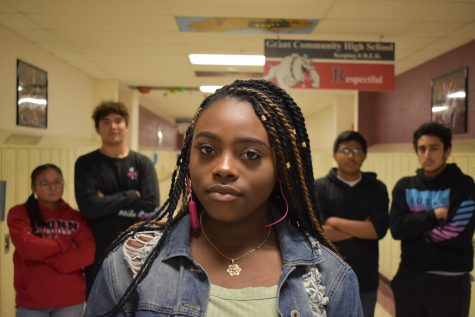
GCHS student Guerritha Muntu can personally speak of the negative effects of stereotyping. As a black woman, she understands that people commonly apply stereotypes when they first see her, assuming that she may be ‘ratchet’, ‘getto’, or ‘uneducated’. She hates that stereotyping exists, but it makes her more aware of the way she puts herself out there. “ You really have to watch what you say to people… how you act, [and] how you present yourself because people already have that stereotype in their heads and already assume a lot of things about you.” Guerritha wishes that she didn’t need to act this way around new people to prove that stereotypes about people like her are false. Guerritha looks forward to coming to school, but not for the people who see her in the halls and think otherwise, the people who come up with all of these negative stereotypes in their heads. To try and stop stereotypes from progressing in our society, she lives by certain morals and shares those morals with other people. “ I don’t judge people, only because I know what it feels like to be judged…but sometimes I do. I hate it, [but] it’s just how the brain works”. This plays a sizable part in ending the reign of stereotypes. As discussed earlier, stereotyping people by first glance is a natural process in our head. In order to end stereotyping, people need to push away those negative thoughts that first come to mind and replace them with feelings of neutrality. Guerritha acknowledges the difficulty in ignoring what your first thoughts are, but the more we try, the closer we are to a stereotype free community.
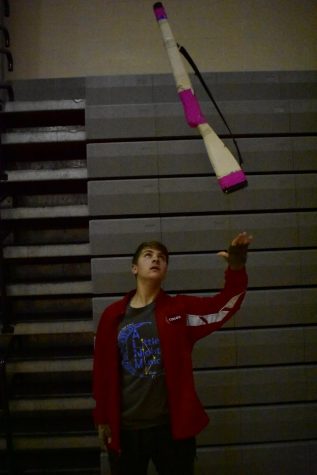
As previously mentioned, when we think of a sport, we think of stereotypical qualities about the players, but with that comes additional stereotypes about those who we don’t picture playing those sports. In cheerleading, dance, and flags, people tend to picture the ideal female in that sport. When men participate in it, the stereotypes are often harsher for them, consisting of more negative stereotypes than positive. Ricky Huhn, an athlete on Color Gaurd and Winter Guard, discusses what it’s like to be one of the few guys on guard. People often see these men as either ‘too girly’ and ‘flamboyant’, or as ‘lazy’ and ‘just there for attention’. Ricky understands that he is seen like this by many, but he proves that he is more than only that. He proves that he is “somebody who’s dedicated and works hard”, and he’s not only there for “the name or the jacket”. He agrees that stereotypes need to go so that they “don’t influence the way that people think about others.”
Society needs to reject their reliance on using typical stereotypes to judge others’ personal qualities. If we continue to treat people better or worse because of what we imagine them like, then stereotypes will live on and grow stronger. Our beliefs will not change, and we will never prove ourselves wrong. Ending the reign of stereotypes will make our community stronger. We will no longer judge people because of the clothes they like to wear. We will no longer think of negative thoughts about someone because of previous stereotypical qualities. We will no longer be so disconnected as a community because of what we think sets us apart from others.
A genre applies to movies, books, albums, and TV. It is judged by its qualities, and those qualities put it into a genre. Most subjects in a genre will contain many similar qualities. The genre doesn’t matter though, the qualities aren’t important until you see the movie or hear the album for yourself. Just because you usually don’t like horror movies or rap music doesn’t mean that you won’t like any, but refusing to try leads you to continue saying you don’t like those things. Stereotypes are common qualities seen in different types of people. Even though prior prejudices make a claim, we don’t need to agree with it, refusing to give a person a chance to defy the limits of that claim. At the end of the day, we are all human. Stereotypes don’t matter. We are better than to separate ourselves because of the differences we assume are there. Let’s stop stereotyping. Let’s change the way that we think about others. Let’s stop spreading stereotypes from one generation to the next. Instead, let’s spread kindness.![]() Loading ...
Loading ...

